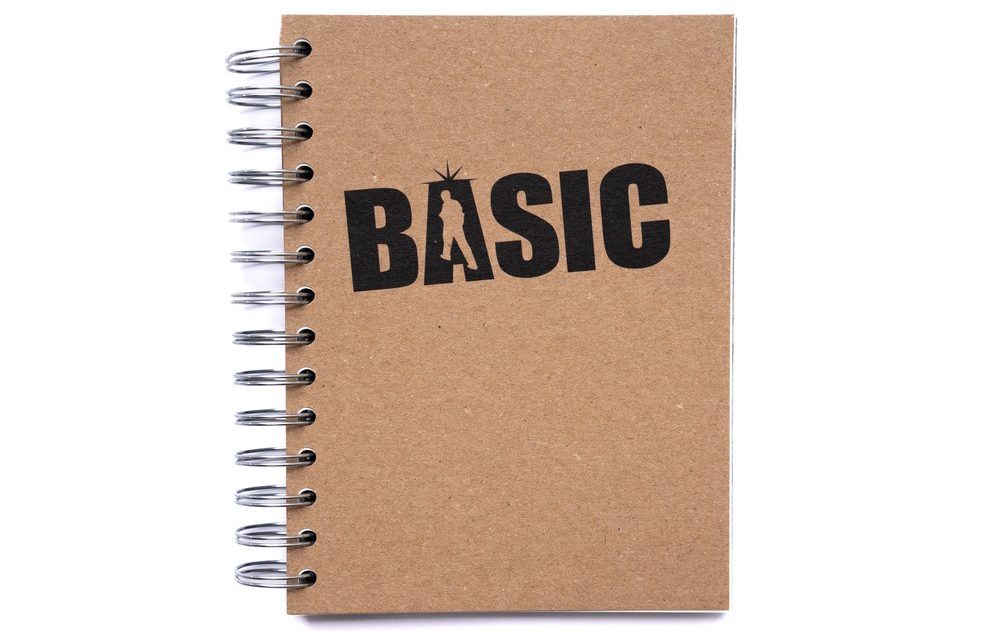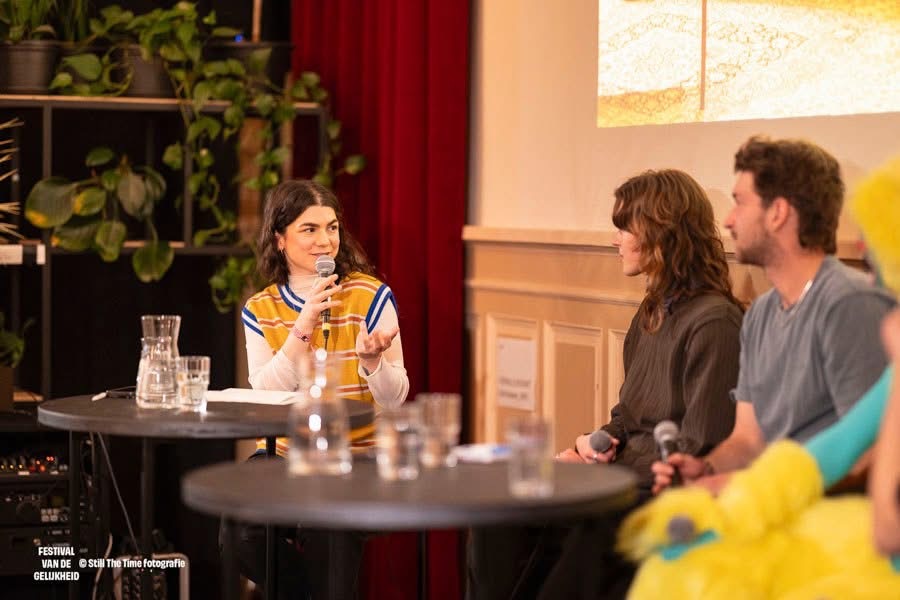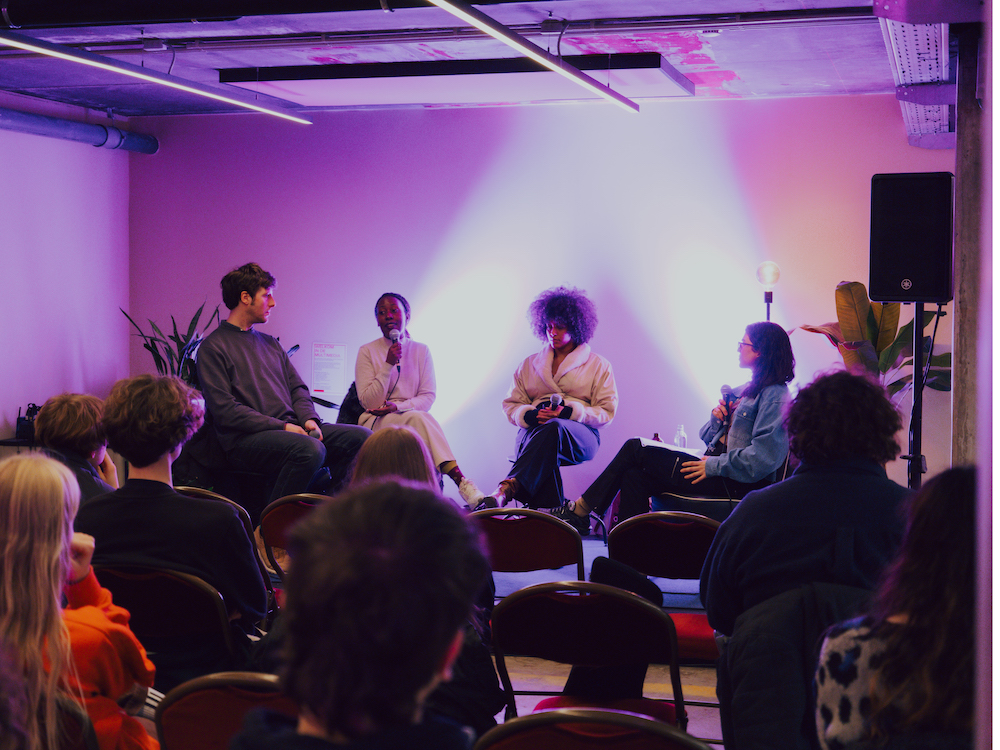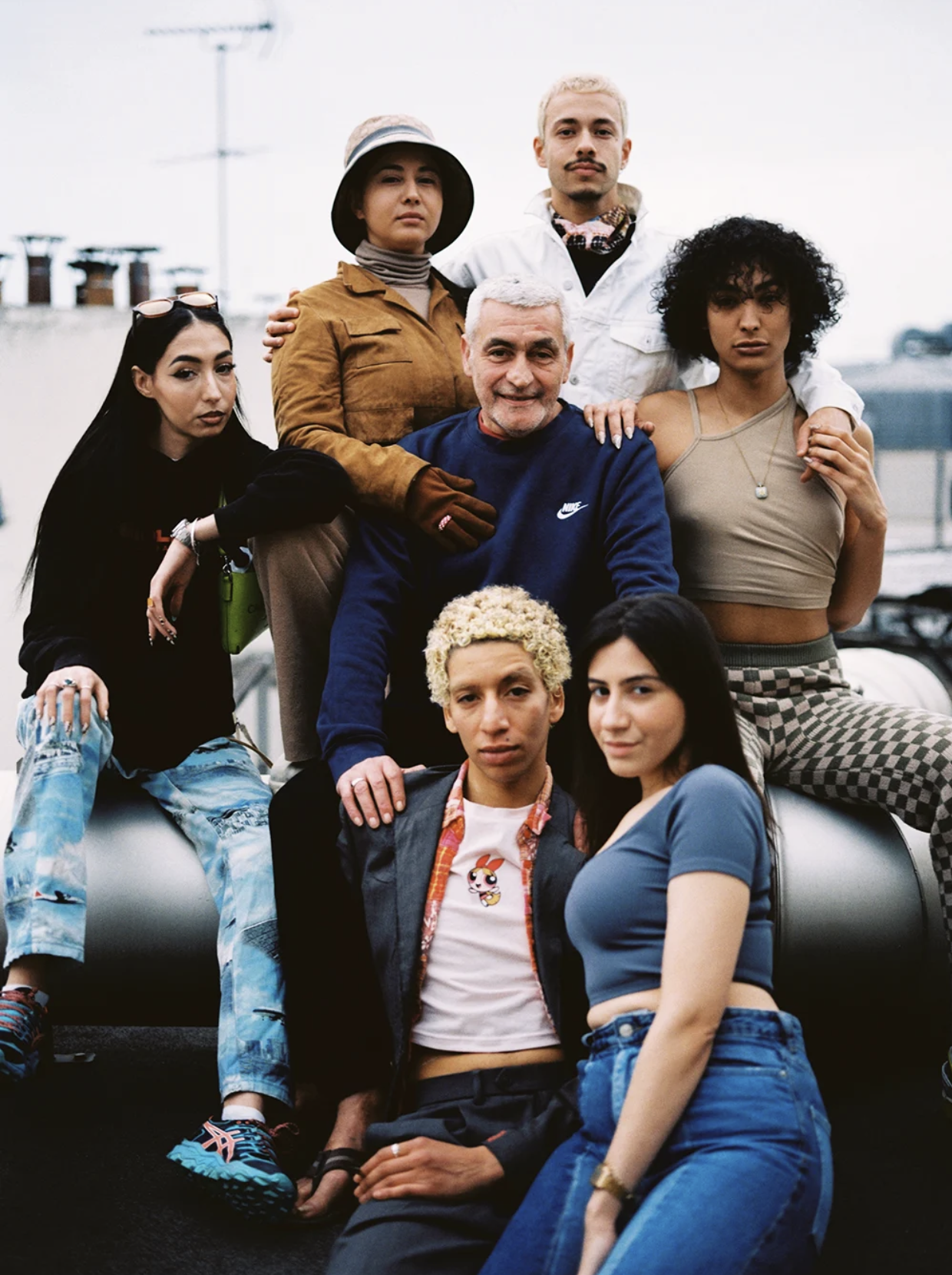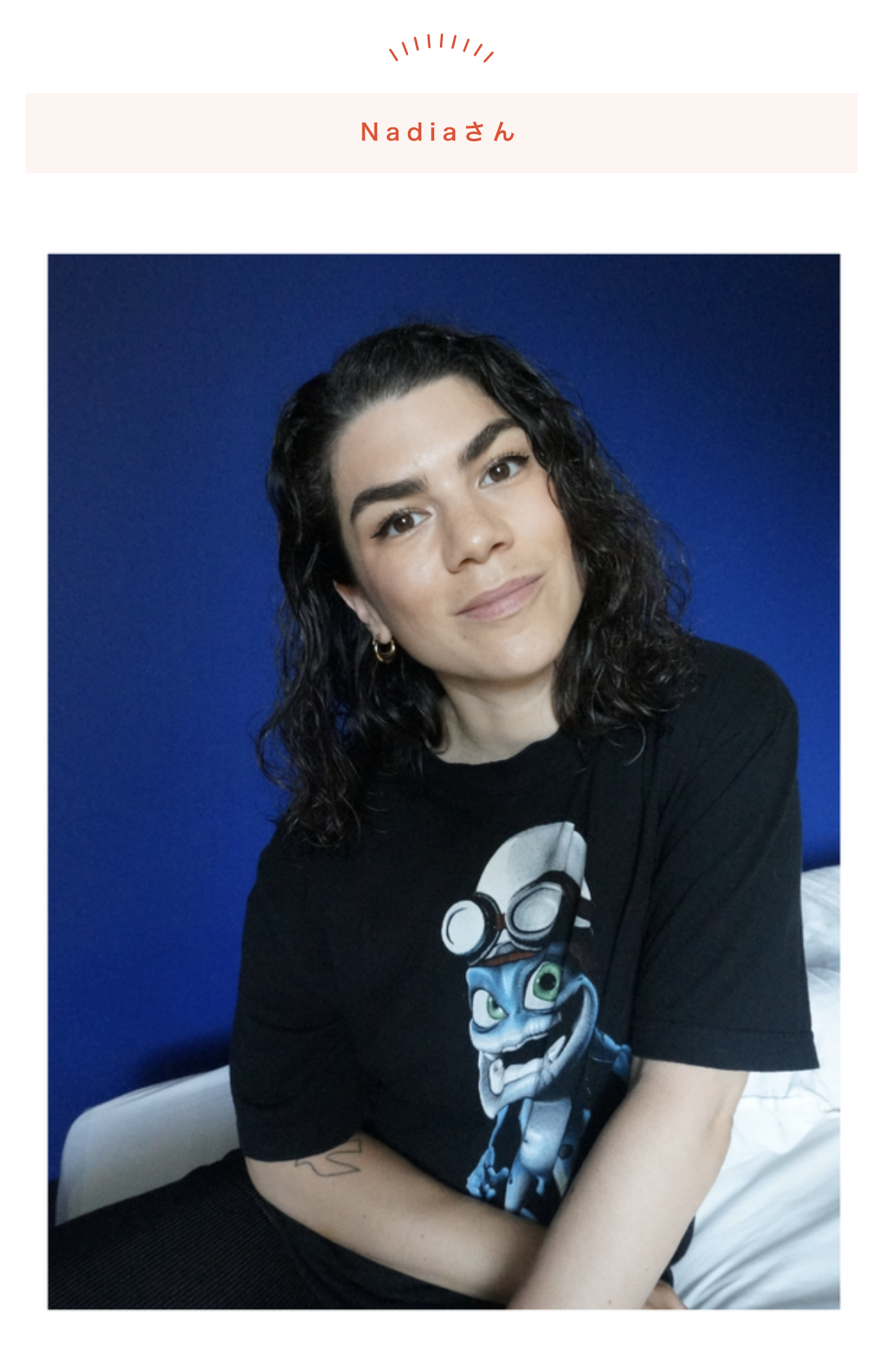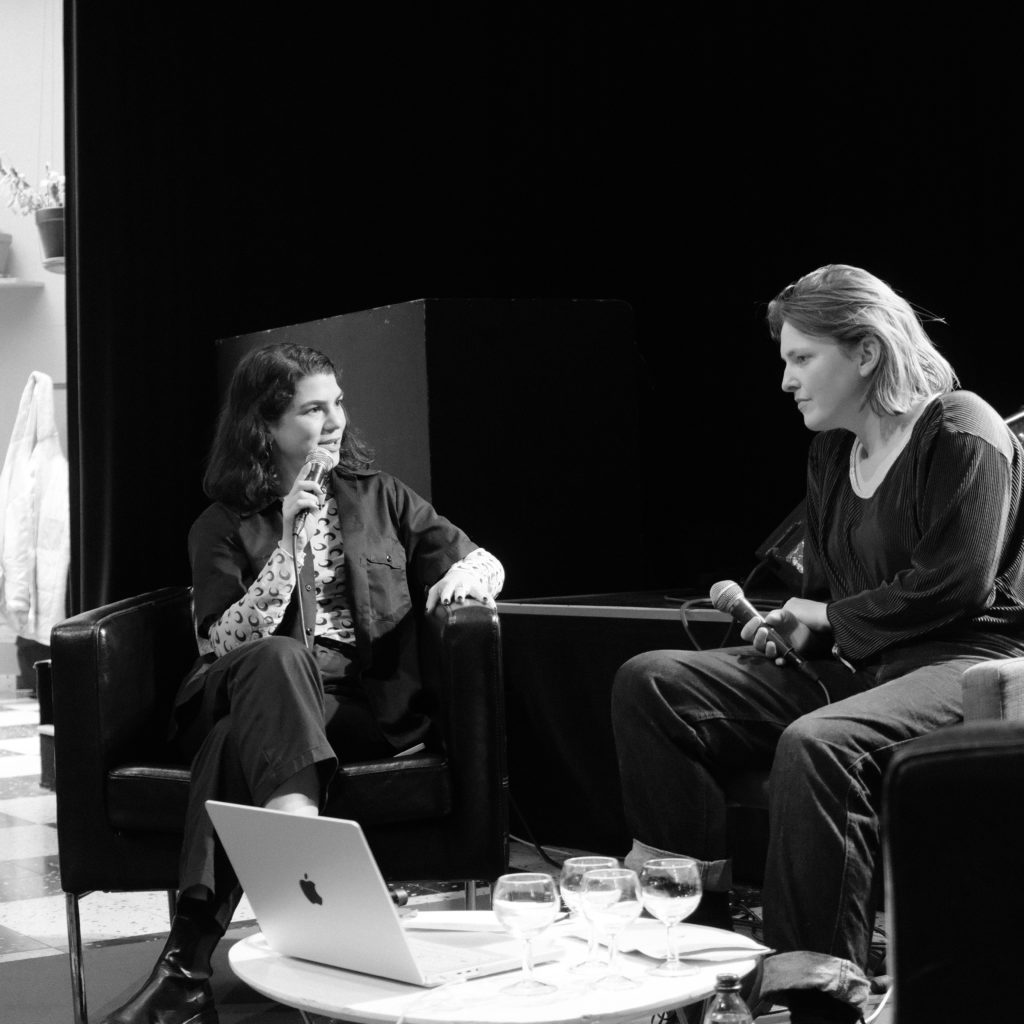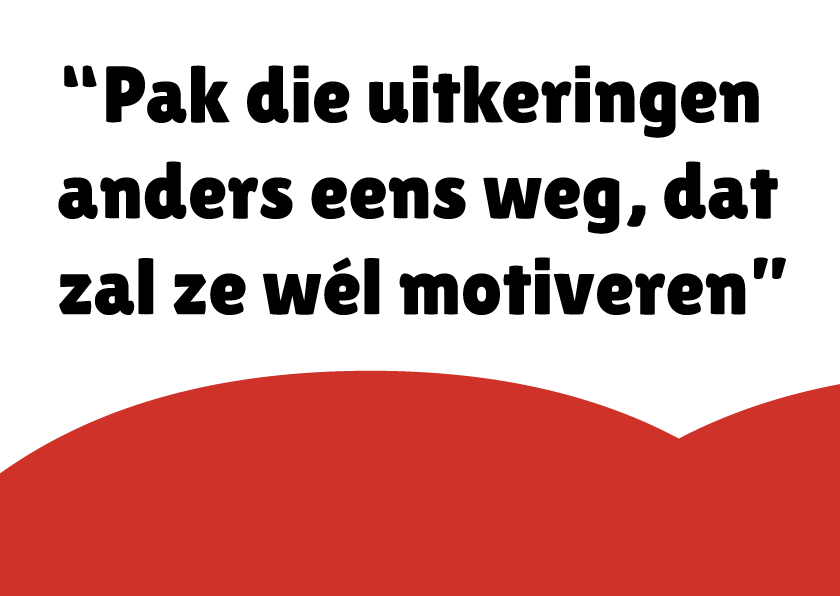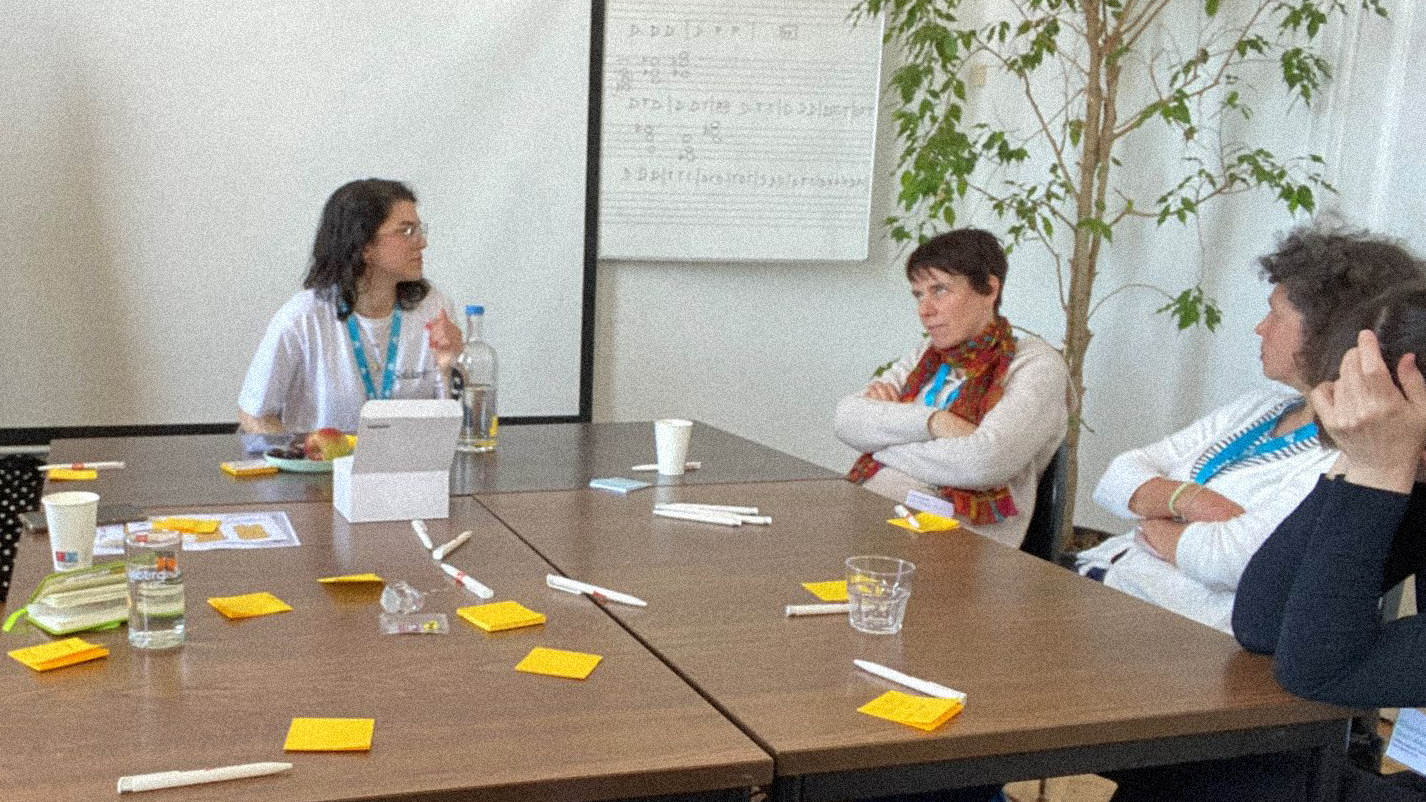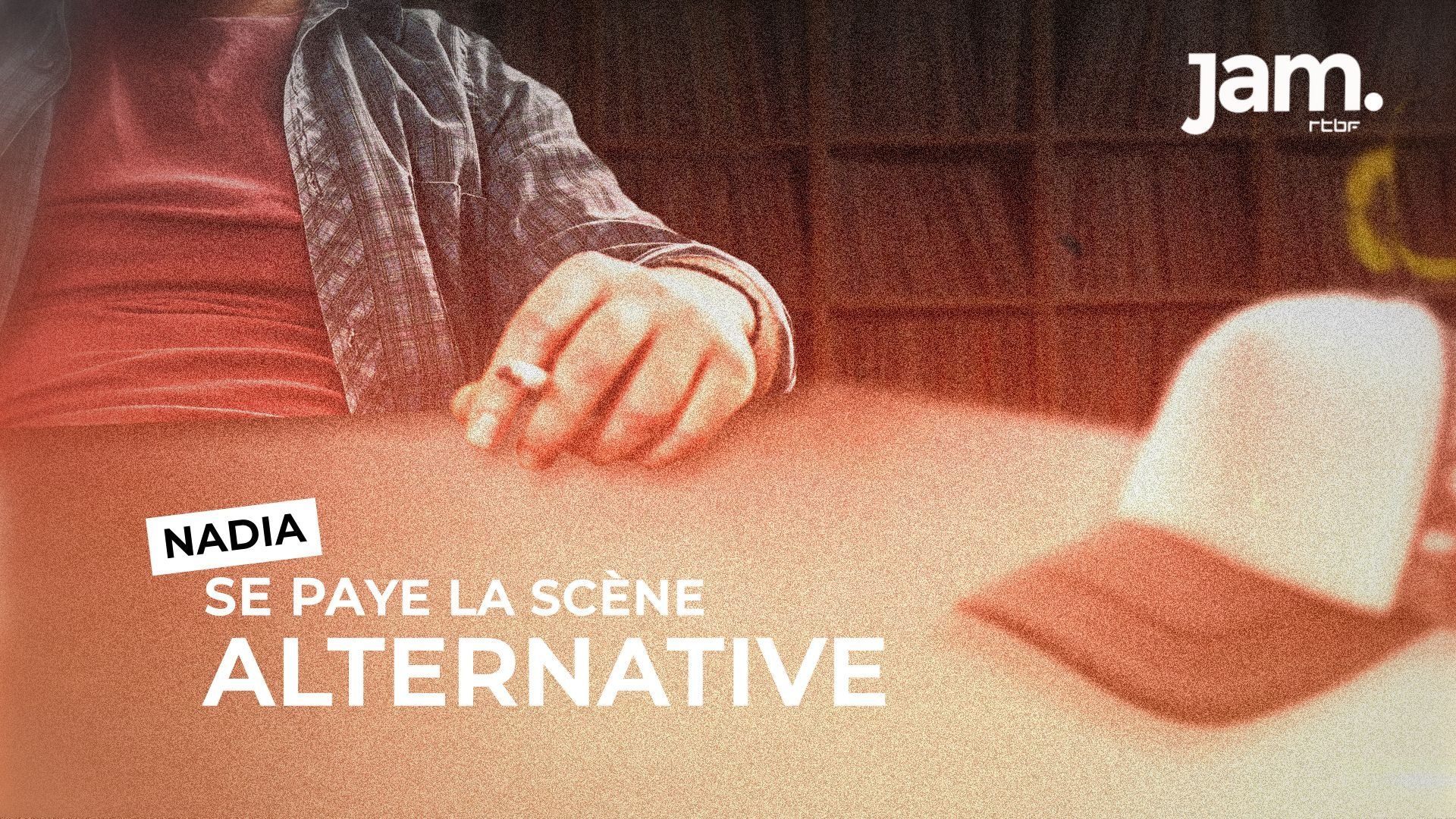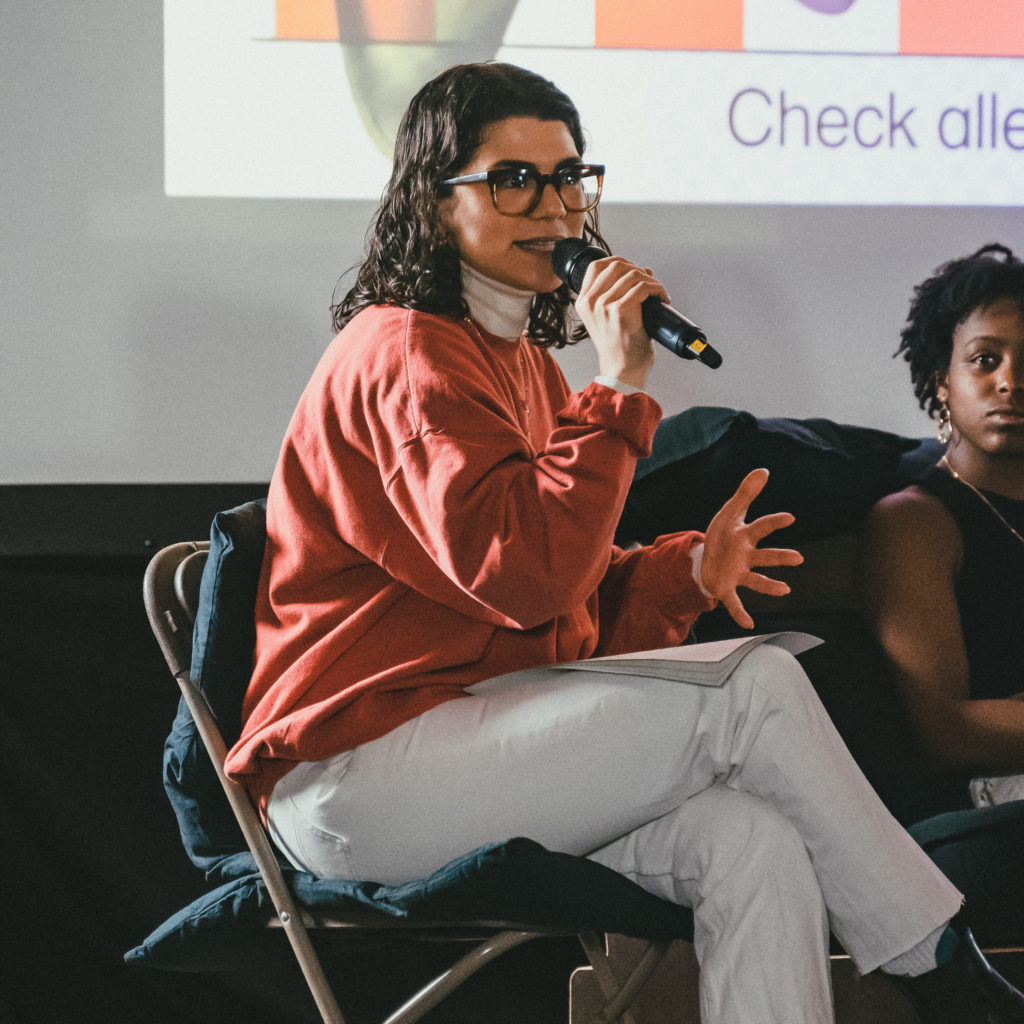I met photographer Ernest Thiesmeier while working together on an editorial back in the Vice days and we immediately hit it off. When he asked me to write the essay for his book ‘Basic’, an ode to the infamous Basic Fit backpack in public spaces, I came up with a reflection about the appropriation of the “aesthetics of poor” by privileged artists. Instead of acting defensive and refusing the confrontational take, he gave me carte blanche and played the game.
You can read the result in his photo book ‘Basic’, if you can find one at your independent book shop. It’s also available online via (y) publishing.
